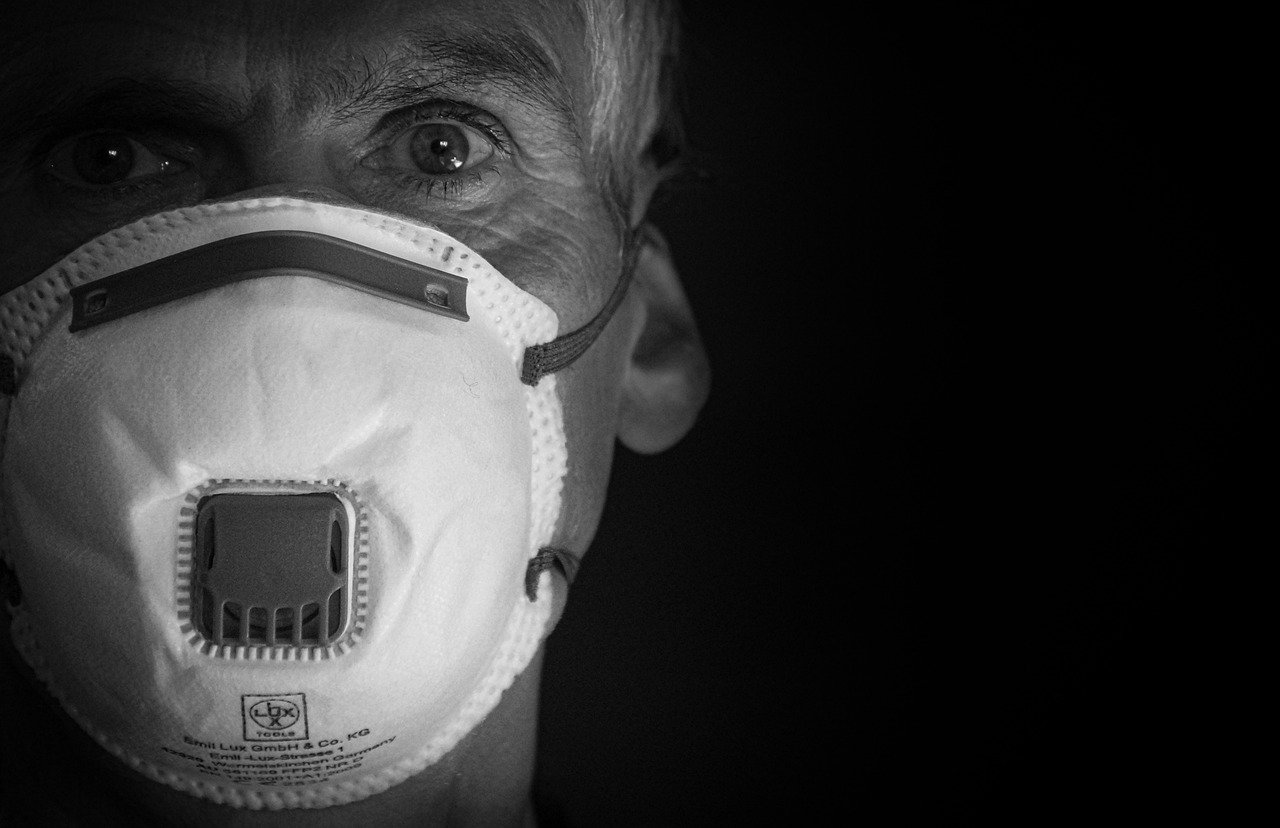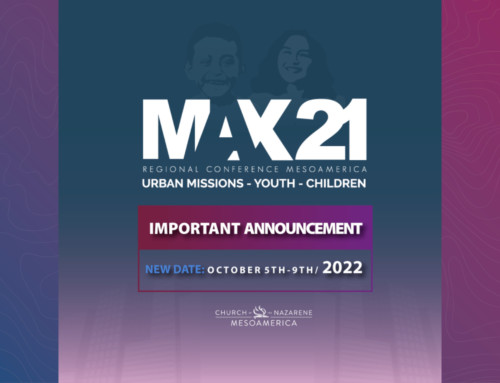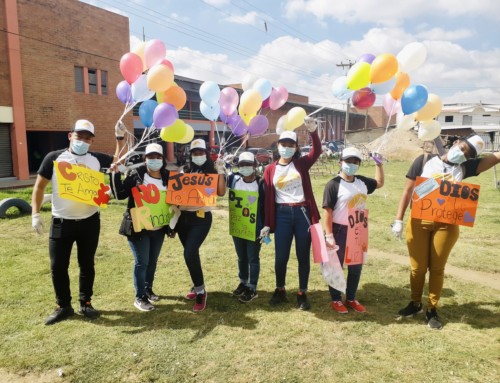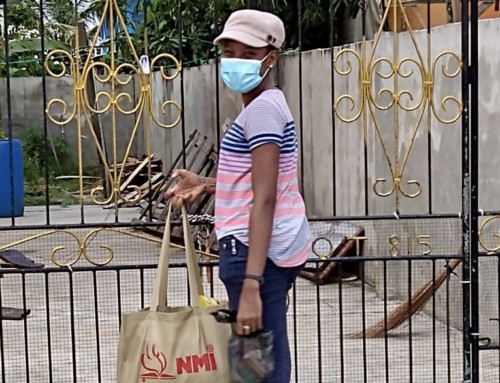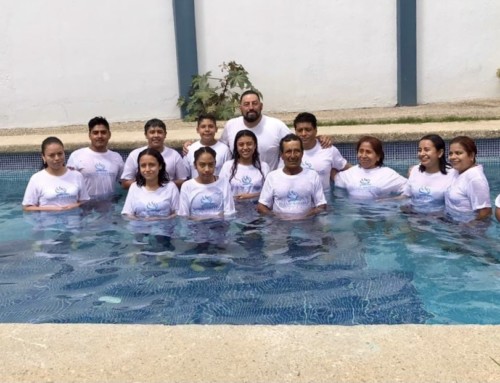“Calamity” (from the Latin calamitate) or the word “catastrophe” mean public disgrace, or even scourge. Public calamity refers to an abnormal situation provoked by disasters that cause damage and loss on a large scale. Such tragedies involve a substantial commitment from governments and the society at large to respond quickly in midst of panic and crisis.
At this point in our history, it is almost impossible to think that anyone could not be aware of the calamity that has affected the world. Everyone is being affected. Nothing and nobody can escape this reality.
While reflecting on this, I thought of the prophet Habakkuk and the calamity that plagued his time. I believe this book can give some answers to the problems we face. The following words are pastoral (another article that covers this topic from a different angle is: https://coletivobereia.com.br/igreja-e-irresponsabilidade-social-os-paradoxos-da-pandemia-de-2020/), and I wrote them thinking only of how we can better face these coming uncertain days.
Habakkuk is little-known in the Scriptures. We know that he lived at the same time as the prophet Jeremiah and that he had extraordinary faith rooted in God’s long-standing relationship with his people. He lived in southern Israel, and his prophecies, like Jeremiah’s, date back to just before Babylon’s invasion of Jerusalem in 597 BC.
Habakkuk discussed with God what seemed to be his unjust way of ruling the world. He was baffled by the fact that wickedness, strife, and oppression were rampant in Judah, but apparently God was doing nothing about it. When they told him that the Lord was preparing to do something through the “cruel” Babylonians (1:6), his perplexity only intensified: how could God, who is “too pure to look at evil” (1:13), instruct such a nation to “execute judgment” (1:12) on a people “more righteous than themselves” (1:13)?
God made it clear, however, that eventually the corrupt destroyer would be destroyed. In the end, Habakkuk learned to rest in the sovereign actions of God and to wait for his work in a spirit of worship. The message: Learn to wait patiently in faith (2:3-4) because the kingdom of God will be expressed globally, even universally (2:14).
The book ends with a note of faith and hope: “Though the fig tree does not bud and there are no grapes on the vines, though the olive crop fails and the fields produce no food, though there are no sheep in the pen and no cattle in the stalls, yet I will rejoice in the Lord, I will be joyful in God my Savior. The Sovereign Lord is my strength; he makes my feet like the feet of a deer, he enables me to tread on the heights.” (3:17-19).
Here are some lessons for us, although I’m sure others could be brought out, as well.
- We are all subject to disasters of all kinds. It can be health-related, economic, political, social, relational, etc. These disasters affect everyone without distinction. There is no such thing as praying and then assuming that nothing will ever happen to me or my family.
- Israel was God’s people in the past, but due to disobedience was not saved. In fact, it was God Himself who raised Babylon against His people. Babylon did not act outside of the sovereign will of God.
- Habakkuk understood what God was doing and decided to have faith and hope for the future. One of the most beautiful verses in the Bible states that God is working and that people will know His name and that His glory will be seen throughout the world: “For the earth will be filled with the knowledge of the glory of the Lord as the waters cover the sea” (2:14).
- We must have that same confidence. God has not forgotten his purposes; his mission is not yet over. While Habakkuk was still alive, he wrote. And while we have life, we are to “write,” as well. Let’s write our hope, let’s write about God acting in us during this time. Could a calamity be strong enough to shake and destroy God’s goals for his people?!
- Let’s be realistic and practical. Habakkuk went to see what was happening. He saw the shortage, he saw the lack of food, he saw a distressed situation. He experienced it first-hand and knew it would shake everyone up.
- Even so, when he sees the results of the calamity looming, he stands up in a cry of faith and hope: “Though…”. Although everything is as it is, although I cannot see it, although everything is dry and without the possibility of flourishing…Even so I will rejoice.
- In the midst of it all, he prophesies: “I will rejoice in the Lord and rejoice in the God of my salvation.” Circumstances should lead us to praise God and not despair; they must lead us to believe and not to a state of unbelief. If circumstances end up determining whether we have faith or not, our relationship with God is finished.
- Finally, Habakkuk expresses his complete confidence in the sovereignty of God. That same sovereign God is your strength and will bring you out of this calamity. Perhaps the doctrine that will be most questioned these days by the people of God is his sovereignty. Surely there will be much written in these days about the injustices of God, about the ineffectiveness of God, and about the silence of God.
- It is up to us as the people of God to act with faith, courage and bravery.
- Let’s be like Habakkuk. He was not out of touch with reality; he knew what was happening and made sure he was familiar with the devastation.
- Now it is up to each of us to act in the midst of our calamity. We might question God, but we must finally believe in His sovereignty. We can convey, like Habakkuk, with our words and actions a message of hope to those who are bewildered. We can be a light in the dark. We can be providers. We can be what God wants us to be: the salt of the earth and the light of the world.
Conclusion
It was for this hour that God saved you. He not only saved you so that you could go to heaven, but also so that you would bring heaven to earth. Bring it now – and soon!
He saved you so that you would shine today and not just in eternity. He saved you so that you would do good today. He saved you in order that you would live through this crisis with faith and boldness.
Believe and obey. Create and act. Today and always remember that God has not yet fulfilled his promise that the whole earth will be filled with the knowledge of his glory. Reflecting on these truths will provide great peace of mind about the future.
Dr. Antonio Carlos Barro
General Director, South American Theological Faculty
Londrina, Paraná, Brazil

